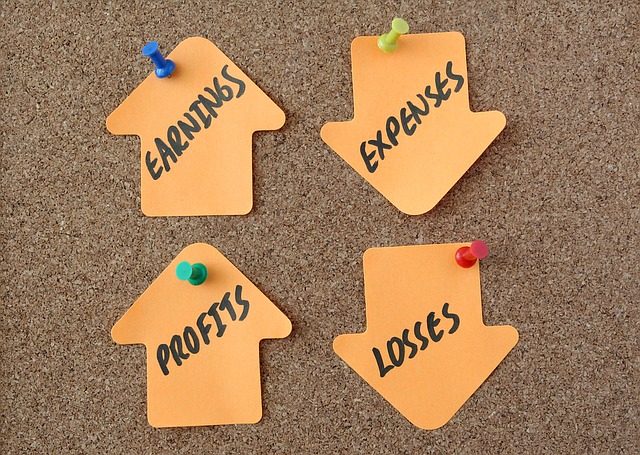Last updated 12th April 2023
How your Fixed Asset Register impacts profitability
If the tax man or woman asked you how up to date your fixed asset register is, could you tell them?
What if they asked the person who controls your accounts?
Do you even HAVE a fixed asset register or is it something that you haven’t quite managed to get round to creating yet?
It may seem like just a technical point, but the fixed asset register is part of a broader overview of how your company is doing. It is also an important element of your official accounting records – which directors are legally responsible for maintaining.
Over a series of six blogs, we’ve been considering a key question: is your business as profitable as you think?
In this, our final blog, we want to show you how keeping your fixed asset register up to date will help you make the best decisions possible as a business leader.
What is your fixed asset register?
Let’s start at the beginning.
Your fixed asset register is a list of all the assets your business owns – computer equipment, for example, cars and vans, or machinery, to name a few. The register contains details of:
- What the item is
- The purchase date
- Purchase cost
- Rate of depreciation
Some businesses choose to include other information such as supplier, maintenance schedules or planned replacements, although this is not essential.
The key thing that affects everything and needs to be updated is depreciation. If your accounts person doesn’t regularly depreciate assets, then it’s out of date. This means it doesn’t give you a true picture of the business assets’ net book value. While depreciation may seem like a pointless task, it is a vital part of your accounts.
Red flags to look out for
If your assets are not regularly being depreciated, it raises the question of what other tasks are left unaddressed? Granted, for many businesses, the fixed asset register only comes into its own at the end of year accounts. However, good financial housekeeping is a year-round job.
Typical errors with depreciation
It’s easy to make errors when it comes to depreciating fixed assets. The person responsible for your books could miscalculate, use the incorrect rate of depreciation or the incorrect method. They could even forget to do it altogether! The effects of not doing this correctly are far reaching, especially as you plan ahead.
- Over-depreciated assets could make your profits look worse than they are. This isn’t helpful if you want to make effective decisions about large purchases, hiring staff or any other big changes.
- Under-depreciated assets, or assets not depreciated at all could make your profits look better than they are. The business could be worse off than it appears and leaves you, as the business leader, in the dark. A serious consequence of this could be that an illegal dividend is paid.
What your fixed asset register means for the business and your profitability
Fixed assets are vital to the operation of most businesses. If you don’t have an accurate and up to date record of what the fixed assets of your business are, and their net book values, then you cannot be confident about the profitability of your business. Planning ahead then becomes more guesswork than actual planning. So, while it might not be the most exciting job around, do ask your team to get that fixed asset register updated!
Is your team the right team?
Businesses grow, staff responsibilities expand; what started as some simple bookkeeping morphs into a much bigger role requiring reports and updated fixed asset registers! Sometimes, the people who begin a start-up journey aren’t always the best people to take the business forward. Artemis Clarke helps rapidly-expanding businesses like yours find finance professionals that have the experience to provide expert support. Not just to help your business survive, but to help it thrive – and reach the dizzy heights you are aiming for.
Speak to us about how the right financial help could make a difference to your business. Call 020 8191 2124 today.
Was this post helpful? Download our guide ‘Why your business isn’t as profitable as you think’ for more insight into key financial reports.



